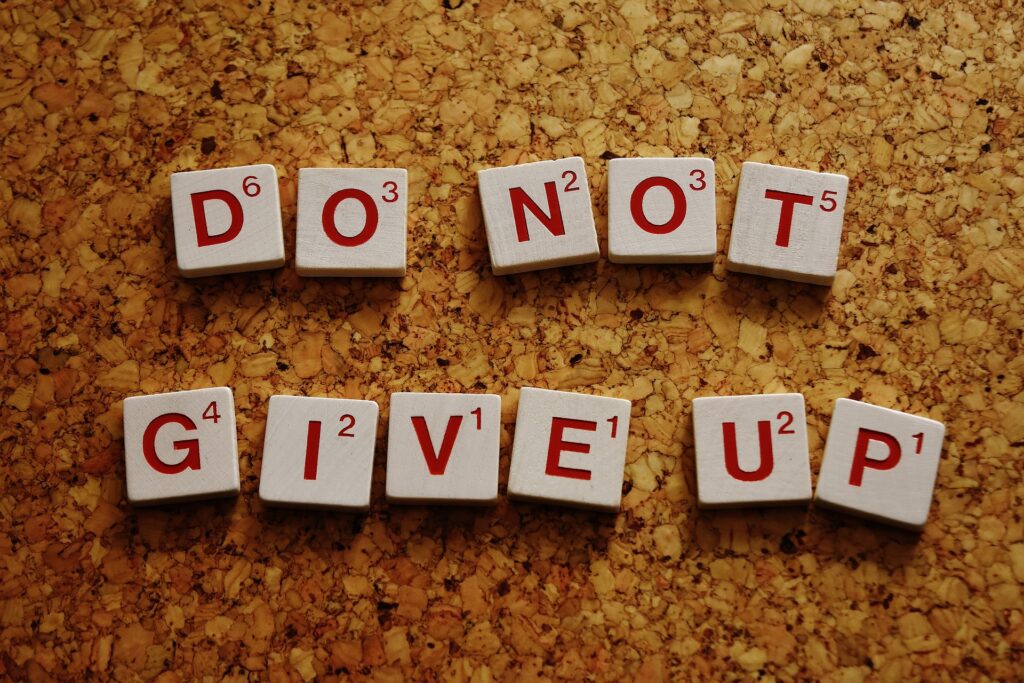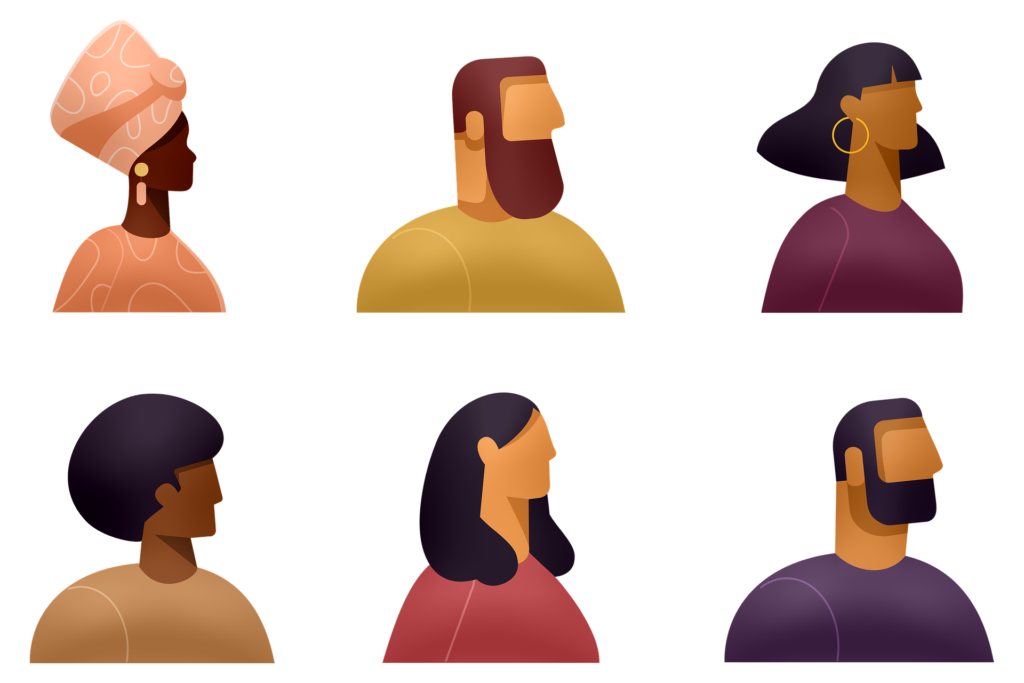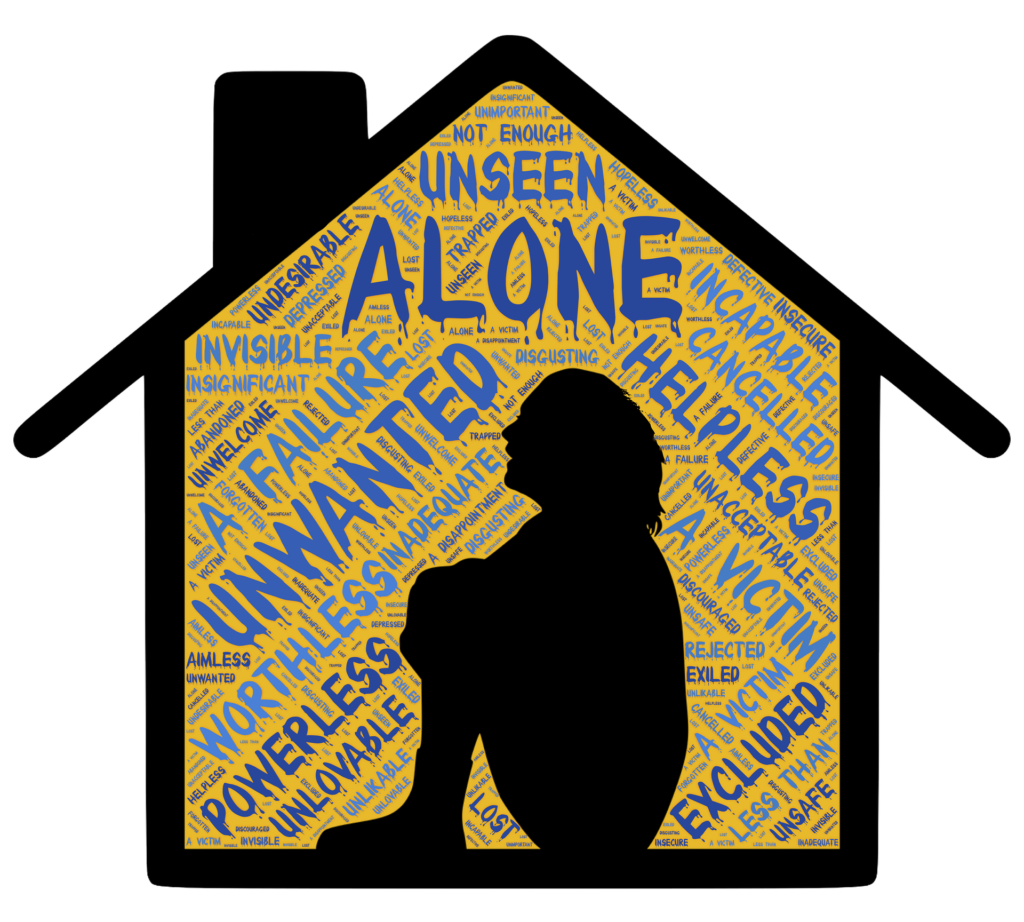6 Things Autistic Spectrum People Want You to Know

How much do you really know about the autism spectrum? Awareness of autism and Asperger syndrome have dramatically increased in recent years but so have misconceptions. What harmful myths have you absorbed? Here are six things that autistic spectrum people want you to know.
1. We’re not all geniuses

Do you believe the media stereotype that autistic people are geniuses like in Rain Man, possessing superhuman abilities of calculation, memory or observation? We’re flattered, but this sets impossible expectations for many of us who don’t have special mental abilities and struggle with everyday things like speaking, bathing and making appointments. Raising us on a pedestal can deny the sympathy and support we need just to endure a regular life.
2. We’re not all lost causes

On the other hand, do you think only of our limitations? Even well-meaning experts can dismiss those on the spectrum as eternal special needs cases, making harmful judgements like “he or she will never graduate”, “never find a partner”, “never get a job” or “never get a driver license”. We appreciate the sympathy, as these goals can be very challenging for us. However, calling them impossible can deny the encouragement and guidance we need to reach our full potential.
3. We’re not all the same

If you’ve met one person on the spectrum, you’ve only met one person on the spectrum. Individuals on the spectrum have just as much variety as those outside it, and it’s not just a simple scale from high to low functioning. We all have different profiles of symptoms, strengths, and struggles. Issues like sensory overload, physical coordination, communication, and social cues can affect us in unique ways. Also, we’re not just young white boys – we can be male or female, from all cultural backgrounds and at all life stages – from children and teens to loving parents and grandparents. There is no such thing as the typical autistic person.
4. We’re not a threat

Social conventions like eye contact, body language, facial expressions, tone of voice and conversational norms don’t come naturally to us. We consciously memorise rules and scripts to appear normal, just like you would memorise formulas for an exam. Research shows that our behaviour seems unnatural to others, which triggers negative snap judgements and avoidance (Sasson et al., 2017). A study by Knox College revealed what habits the general population wrongly believe are “creepy” and suggest harmful intentions: standing too closely, making too little or too much eye contact, laughing or smiling at strange times and discussing overly personal topics (McAndrew & Koehnke, 2016). These are common social mistakes by those on the spectrum but they’ve got nothing to do with the actual markers of dangerous people, who are usually charming and charismatic. We are seven times more likely to encounter law enforcement (Hurst, 2015), and this often turns violent when they misinterpret our mannerisms and stress responses as suspicious or threatening (CHOP Researchers, 2019).
5. We’re not doing as well as we appear

Does it sound exhausting to manually micromanage our behaviour all the time? Forcing ourselves to conform to your bizarre world is more than exhausting, it’s devastating! When you see someone on the spectrum acting “normally” or “less autistic”, what you’re not seeing is the constant stress, hours of preparation beforehand, hours of burnout afterwards, endless overanalysis, years of trauma and development of major psychiatric and health problems. Our average life span is only thirty-six years (Guan & Li, 2017) and our suicide rates are nine times higher than the general population for adults and twenty-eight times higher for children (Zahid & Upthegrove, 2017). Those of us deemed “high functioning” or “mild” aren’t necessarily struggling less – we’re just better at faking it.
6. We’re not a punchline

Have you ever heard the term “autistic” used as an insult or joke? Even with innocent intentions, this contributes to a stigma that makes it harder to be taken seriously and reach out for help. Seemingly unrelated stereotypes like the “creep”, the “loner”, the “nerd” and the “neckbeard” (Deutsch, 2016) can also be harmful. They don’t intentionally refer to autistic people, but many of our traits overlap, so it’s easy for us to fall into these prejudices. We’re already trying so hard to make you comfortable, socialise properly, keep our special interests within limits and maintain regular hygiene. In fact, we’re probably putting in more effort than you! These can be quite challenging for us, and dismissing us with a negative label does nothing to help.
So there you have it, six things autistic spectrum people want you to know. We don’t want to lecture you, we just want to raise awareness and understanding in society. Have you learned anything new? Let us know what you found most interesting in the comments below. Don’t forget to like and share this article if it helped you and you think it will help someone else. If you’re interested in learning more, check out the reference list below.
References
Attwood, A. (2006). The complete guide to Asperger’s syndrome. Jessica Kingsley Publishers.
CHOP Researchers Present New Findings at 2019 International Society for Autism Research Annual Meeting. (2019, May 1). Children’s Hospital of Philadelphia. Retrieved August 4, 2021 from https://www.chop.edu/news/chop-researchers-present-new-findings-2019-international-society-autism-research-annual-meeting
Deutsch, B. (2016, February 23). Saying ‘Neckbeard’ Isn’t Hurtful in the Way You Think – Why We Need to Drop This Insult. Everyday Feminism. https://everydayfeminism.com/2016/02/neckbeard-cartoon/
Guan, J., & Li, G. (2017). Injury mortality in individuals with autism. American journal of public health, 107(5), 791-793.
Hurst, A. (2015, December 17). Black, autistic, and killed by police. Chicago Reader. https://www.chicagoreader.com/chicago/stephon-watts-police-shooting-autism-death/Content?oid=20512018
Kurchak, S. (2018, February 19). I’m autistic. I just turned 36 — the average age when people like me die. Vox. https://www.vox.com/first-person/2018/2/19/17017976/autism-average-age-death-36-stress
McAndrew, F. T., & Koehnke, S. S. (2016). On the nature of creepiness. New ideas in psychology, 43, 10-15.
Sasson, N. J., Faso, D. J., Nugent, J., Lovell, S., Kennedy, D. P., & Grossman, R. B. (2017). Neurotypical peers are less willing to interact with those with autism based on thin slice judgments. Scientific reports, 7(1), 1-10.
Zahid, S., & Upthegrove, R. (2017). Suicidality in autistic spectrum disorders. Crisis.



Responses